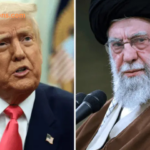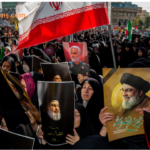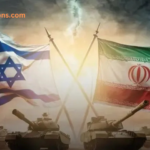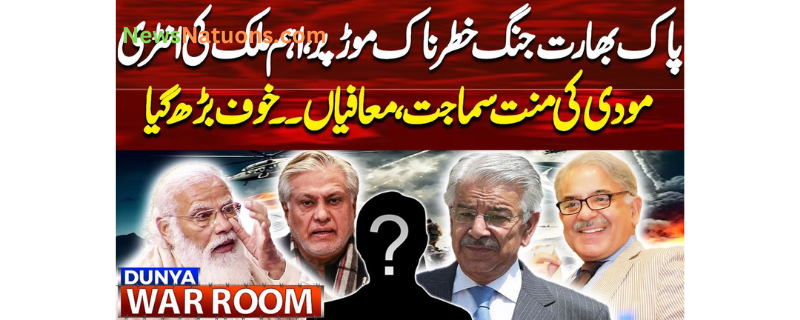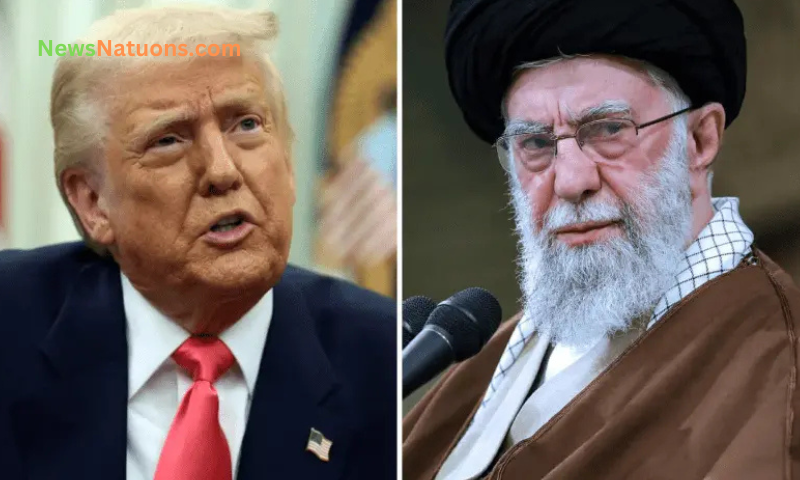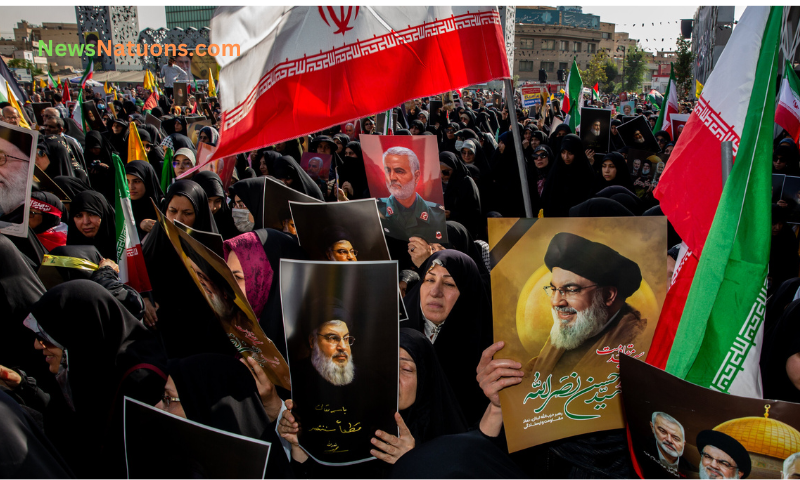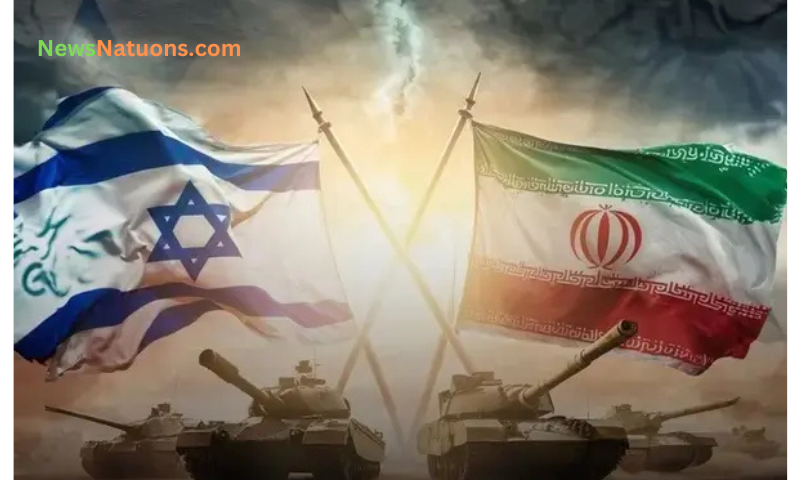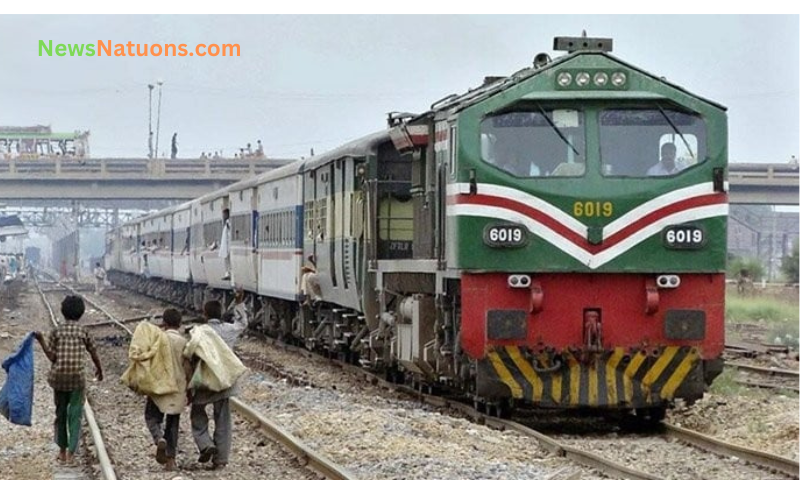Tensions between Pakistan and India have once again reached a dangerous level, creating fear and uncertainty across the region. The situation is particularly alarming due to the aggressive posturing by the Indian government under Prime Minister Narendra Modi. The ongoing border skirmishes, accusations, and strategic military deployments have all contributed to a volatile scenario that threatens peace not only between the two nuclear-armed neighbors but also for the broader South Asian region.
Modi Government Under Pressure
Prime Minister Narendra Modi’s government is currently facing internal political unrest, economic downturns, and increased international scrutiny. In a bid to shift public attention from domestic challenges, the Indian leadership appears to be taking a harder stance on Pakistan. However, this strategy is proving to be counterproductive. The aggressive military and diplomatic rhetoric is creating more instability rather than resolving long-standing issues like Kashmir and cross-border conflicts.
Indian Army Facing Setbacks
While the Indian Army has a large presence along the Line of Control (LoC), recent reports suggest they are struggling with morale issues, logistical constraints, and the burden of maintaining a prolonged state of readiness. In several instances, Pakistani forces have been reported to intercept Indian drones and neutralize threats effectively. These incidents have raised serious questions about India’s military strategy and operational efficiency. The Indian army is now reportedly seeking reinforcements, but continued resistance from Pakistan’s side is limiting their mobility and options.
Pakistan’s Strategic Defense
Pakistan, on the other hand, has remained firm in its defense strategy. The Pakistan Armed Forces have not only responded swiftly to Indian provocations but also shown significant restraint in preventing a full-scale conflict. Pakistani leadership has consistently called for peace and dialogue while maintaining full readiness to respond to any aggression. This balanced approach has gained appreciation from international observers who warn that any escalation could quickly spiral out of control due to both nations being nuclear-armed.
Global Concerns Rising
International stakeholders, including the United Nations, the United States, and other global powers, are closely monitoring the situation. There is a growing call for de-escalation and renewed dialogue between the two nations. Many believe that Modi’s aggressive approach is isolating India diplomatically, while Pakistan’s consistent message of peace is gaining support. Analysts argue that continued militarization and lack of communication could lead to a miscalculation that neither side can afford.
A Call for Diplomacy
In the face of mounting danger, both India and Pakistan must recognize the risks involved in escalating hostilities. War is not a solution to political or territorial disputes. The people of both countries desire peace, prosperity, and progress. The leadership, especially in New Delhi, must listen to this call. Only through diplomacy, confidence-building, and mutual respect can the region hope to avoid catastrophe and move toward a more stable and cooperative future.
The current juncture is undoubtedly dangerous, but it is also a moment that can lead to peace—if approached with wisdom rather than pride.
پاکستان اور بھارت کے درمیان کشیدگی ایک بار پھر خطرناک حدوں کو چھو رہی ہے۔ سرحدی جھڑپیں، سیاسی الزامات اور فوجی تیاریوں نے صورتحال کو مزید پیچیدہ بنا دیا ہے۔ دونوں ممالک کے درمیان تعلقات پہلے ہی کشیدہ تھے، مگر حالیہ دنوں میں پیدا ہونے والی صورت حال نے خطے میں امن کے لیے شدید خطرات پیدا کر دیے ہیں۔ خاص طور پر بھارتی حکومت کی جارحانہ پالیسیوں نے ایک بار پھر جنگ کے سائے کو گہرا کر دیا ہے۔
مودی حکومت شدید دباؤ کا شکار
بھارتی وزیر اعظم نریندر مودی کی حکومت اس وقت اندرونی مسائل میں گھری ہوئی ہے۔ معیشت کی سست روی، کسانوں کے احتجاج، مہنگائی اور بڑھتی ہوئی بے روزگاری نے مودی سرکار کو سیاسی طور پر کمزور کر دیا ہے۔ ایسی صورتحال میں عوام کی توجہ ہٹانے کے لیے پاکستان پر دباؤ ڈالنے کی پالیسی اختیار کی جا رہی ہے۔ تاہم یہ حکمت عملی بھارت کے لیے خود نقصان دہ ثابت ہو رہی ہے کیونکہ عالمی سطح پر اس کی ساکھ کو شدید نقصان پہنچ رہا ہے۔
بھارتی فوج کو ناکامیوں کا سامنا
بھارتی فوج کو حالیہ مہینوں میں کئی محاذوں پر مشکلات کا سامنا کرنا پڑا ہے۔ لائن آف کنٹرول پر پاکستانی فوج کی بھرپور جوابی کارروائیوں نے بھارتی افواج کو پیچھے ہٹنے پر مجبور کیا ہے۔ اطلاعات کے مطابق متعدد بھارتی ڈرونز پاکستانی حدود میں داخل ہونے کی کوشش کے دوران مار گرائے گئے، جس سے بھارتی فوج کی ٹیکنالوجی اور حکمت عملی پر سوالات اٹھنے لگے ہیں۔ بھارتی فوج کی قیادت بھی اندرونی دباؤ کا شکار ہے اور حالات قابو سے باہر ہوتے جا رہے ہیں۔
پاکستان کی موثر دفاعی حکمت عملی
پاکستانی افواج نے نہ صرف بھارتی جارحیت کا بھرپور جواب دیا ہے بلکہ صبر و تحمل کا مظاہرہ کرتے ہوئے جنگ کو ٹالنے کی کوشش کی ہے۔ پاکستانی عسکری قیادت کی جانب سے بارہا یہ کہا گیا ہے کہ پاکستان امن چاہتا ہے لیکن اگر جنگ مسلط کی گئی تو بھرپور دفاع کیا جائے گا۔ پاکستان نے عالمی سطح پر اپنے مؤقف کو مؤثر انداز میں پیش کیا ہے جسے اقوام متحدہ سمیت کئی عالمی قوتوں نے سراہا ہے۔
عالمی برادری کی تشویش میں اضافہ
بھارت کی جانب سے بڑھتی ہوئی جنگی تیاریوں اور سخت بیانات نے دنیا بھر میں تشویش پیدا کر دی ہے۔ اقوام متحدہ، امریکہ، چین اور دیگر اہم ممالک نے بھارت اور پاکستان سے تحمل کا مظاہرہ کرنے کی اپیل کی ہے۔ مودی حکومت کی جارحانہ پالیسیوں نے بھارت کو سفارتی تنہائی کی طرف دھکیل دیا ہے، جبکہ پاکستان کا مؤقف عالمی سطح پر زیادہ مثبت طور پر دیکھا جا رہا ہے۔
مذاکرات ہی واحد راستہ
اس وقت دونوں ممالک کو چاہیے کہ وہ ہوش مندی کا مظاہرہ کریں اور کشیدگی کو بڑھانے کی بجائے بات چیت کا راستہ اختیار کریں۔ جنگ نہ تو عوام کا حل ہے اور نہ ہی خطے کے مستقبل کے لیے موزوں۔ بھارت کو اپنی داخلی ناکامیوں کا ملبہ پاکستان پر ڈالنے کی پالیسی ترک کرنی ہو گی۔ اگر دونوں ممالک امن کے لیے سنجیدہ اقدامات کریں تو خطے میں ترقی اور خوشحالی کا دور آسکتا ہے۔
یہ لمحہ خطرناک ضرور ہے، مگر یہی وقت عقل مندی اور قیادت کا امتحان بھی ہے۔ جنگ کی نہیں، امن کی فتح ہونی چاہیے۔

